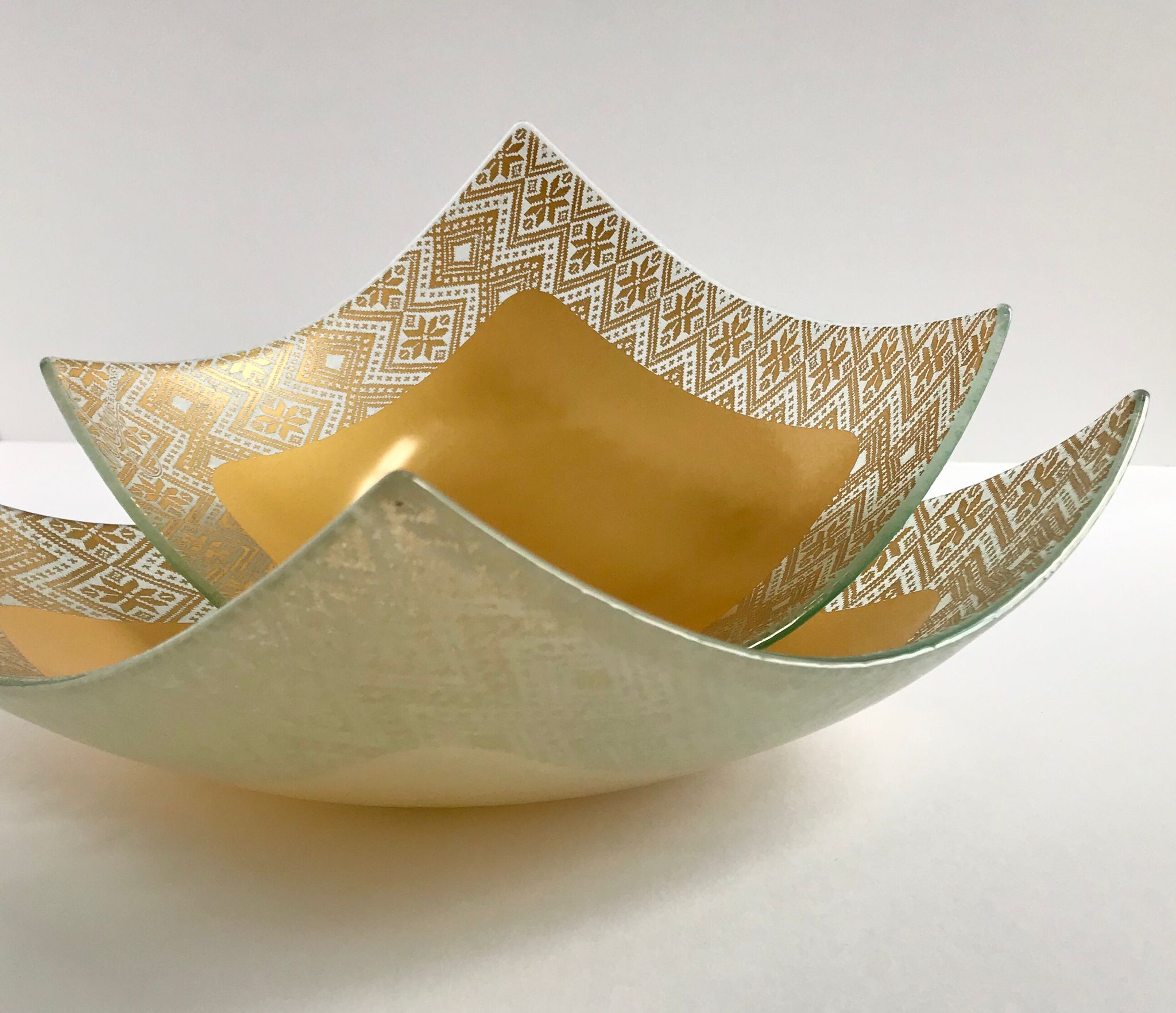Story and Photography by: AFP for eNCA.com
ALLADA, BENIN – From his chair in the middle of a pile of pineapples, Jean-Xavier Satola supervises cutting and packaging, as Benin – Africa’s fourth-biggest exporter of the fruit – starts trading again after an eight-month self-imposed absence.
The fields of Allada in southern Benin are a hive of activity as about 20 men, in trousers to protect them from the spiky leaves, pick the pineapples while women load them in baskets and carry them away on their heads.
The smooth, fat, yellow Cayenne variety of pineapples are washed, packed into cardboard boxes and put on a lorry. Eight hundred boxes will leave on a plane for Europe that evening.
Satola has been in the pineapple business for 30 years and as soon as he got the green light from the government was Benin’s first trader to resume exports.
“I’m at 46 tonnes since the start of the year. It’s less than half than in September 2016,” he said.
“Resumption is slow. Some of our European clients are hesitant. But we’re exporting more guaranteed quality now.”
In December, Benin’s government banned exports of the fruit after repeated warnings from the European Union about pineapples treated with the pesticide ethephon.
Ethephon is used to help a variety of crops ripen and speeds up colouring. In theory, the chemical stays on the skin of the fruit but if too much is sprayed, it can get inside.
The EU warnings came as ethephon residue was found to be higher than permitted levels.
To read the full article visit www.enca.com.









